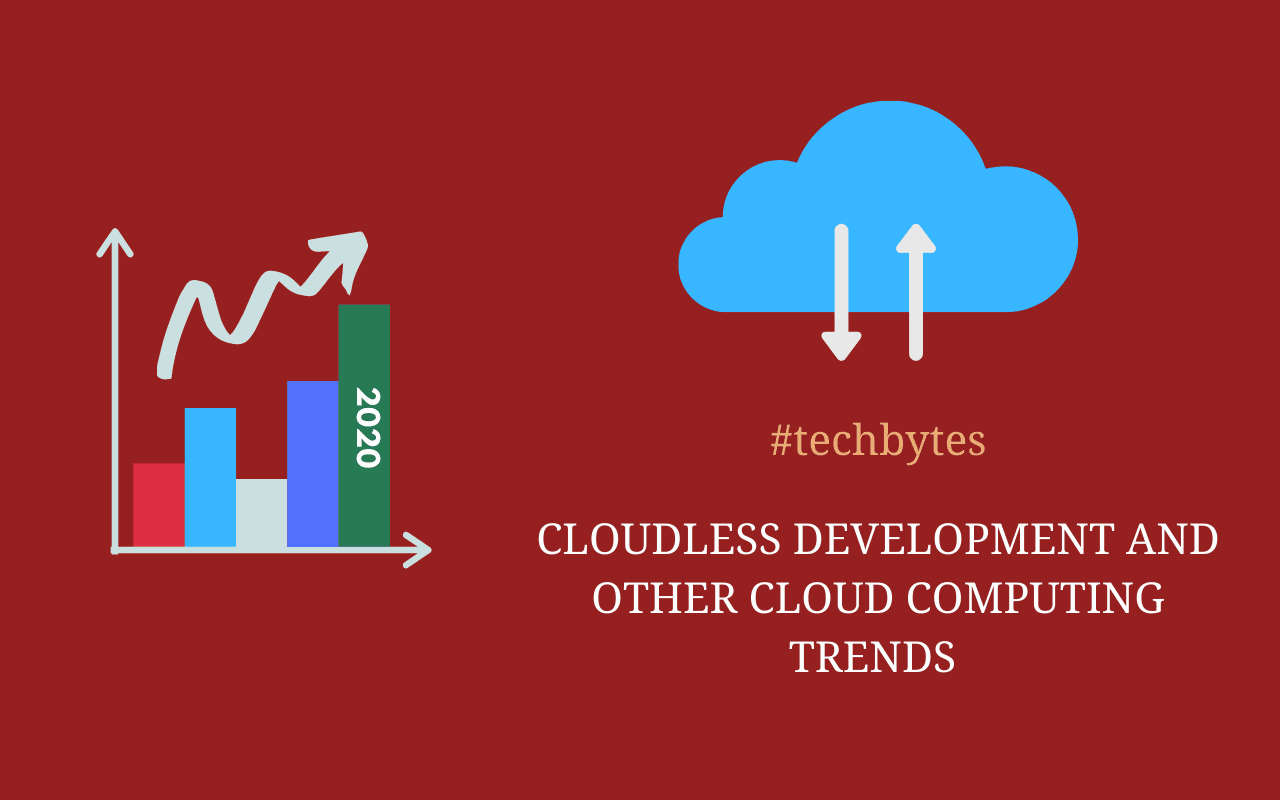
Data Science and Machine Learning Without Mathematics
Data science and machine learning have evolved over the years to be one of the most desired careers. Everyone wants to be a part of this field, from college students to mid-career professionals. According to a LinkedIn report done in 2019, the most ideal job in the U.S was that of a Data Scientist. This is no surprise since the job consecutively topped Glassdoor’s list of Best Jobs in the country from 2016-2019.
Professionals in the field of data science and machine learning reported high demand for their services, which resulted in high salaries, and of course, high job satisfaction. Moreover, employers are now looking for better skill-sets in modern-day professional data scientists. As a result, the demand for data scientists has increased, which has seen people working hard to improve their skills and knowledge.
As you may know, a modern-day scientist needs to have a good grasp on aspects such as Programming, Problem-solving, Communication, and Mathematics. The latter, especially, has seen so many enthusiasts shy away from the field.
However, there is no reason to shut down your dreams of becoming a data scientist or delving into machine learning just because you have a problem with mathematics. Of course, the field requires complex mathematical knowledge in most areas.
But, some areas don't require you to dive too deep into the math universe. So, in this article, our goal is to inform you of how exactly you can excel in data science and machine without mathematics.
Read on.
What Mathematics Functions Must You Know?
-
Probability Theory
Probability theory helps data scientists deal with various uncertainties in the field while expressing it in models. Even the basics in probability play a key role in evaluating and solving problems that may arise soon. This is why you must know this math function before approaching a career in data science machine learning.
-
Linear Algebra
Linear algebra helps in dealing with matrices in machine learning and data science. Matrices are simply mathematical objects that consist of various numbers, organized in a grid.
Additionally, the genetic data collected by data scientists come in the form of a matrix. Therefore, it requires you have at least some in-depth knowledge of linear algebra if you want to be a good data scientist.
-
Optimization Theory
It's evident that much of machine learning involves optimization, but you can spend years learning this. In machine learning, the aim is to find weights that give a neural network the excellent performance regarding new data.
Therefore, optimization is a must, which means that you need some knowledge of the optimization theory.Other mathematical functions that are prerequisites in data science and machine learning include Estimation Theory and Statistics.
Why is Mathematics a Prerequisite for Data Science and Machine Learning?
• Unlike most careers, data science and machine learning require you to quickly and accurately pick up projects. Therefore, with an in-depth knowledge of the mathematical field, you can speedily and carefully pick up techniques and intuitions.
• Data science requires standard tools such as decision trees, logistic regression, confidence intervals, which are math-heavy. Moreover, many employers use standard tools, which, therefore, mean that they want a candidate with a robust math background.
• As earlier pointed out, a data scientist needs to know the function of statistics. Statistics in data science are essential to apply hypothesis and algorithms testing correctly.
• Academic training for data scientists is math-heavy for historical reasons using the professors that used to teach stat classes.
Because such mathematical knowledge is a must to indulge in data science machine learning, most people give up on this career choice. However, there are some math-free techniques used in data science. The best thing is that most of them easily apply and form a large percentage of the field.
They include:
1. Advanced Machine Learning using Basic Excel
2. Machine Learning Automation using HDT
3. Tests of Hypotheses
4. Model-Free Confidence Intervals
5. Jack-knife Regression with Excel
6. Indexation, Cataloguing, and NLP
7. Jack-knife Regression: Theory
8. Density Estimation, Clustering, and Variance
9. Fast Combinatorial Feature Selection
Final ThoughtsIf you are an aspiring data scientist or ML practitioner, math isn't all you need to accommodate your skills. Invest in data expertise by learning the ins and outs of a dataset.
Ensure that you master data analysis because it’s more needed than college-level math or calculus, among other mathematical functions. The analysis is what matters in data science, which means you need to be an expert in gathering, exploring, and preparing data.


